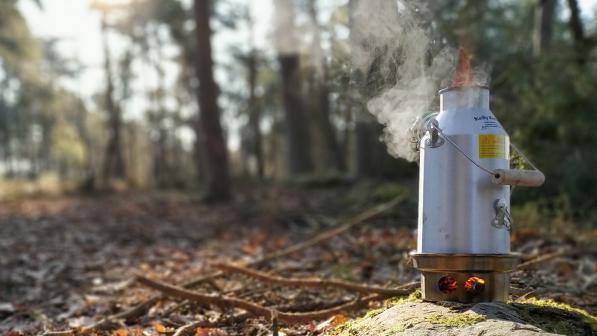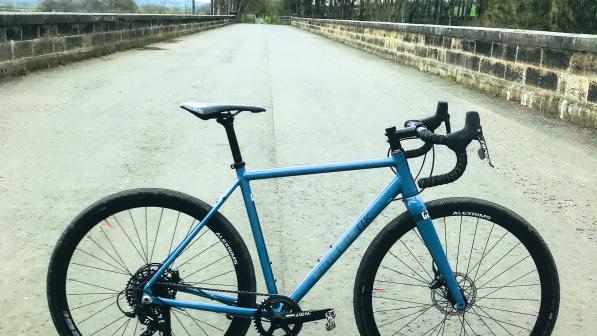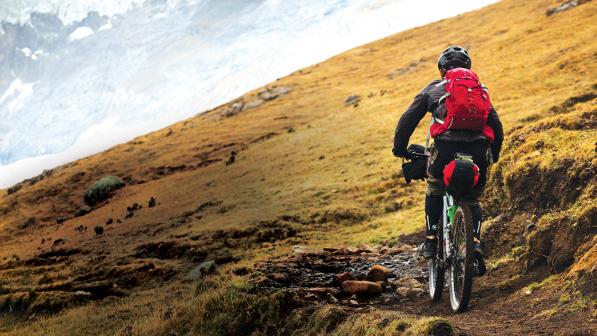A guide to lightweight adventure camping equipment
Sleeping bag
Essential for your well-deserved sleep after a day’s adventuring, a comfortable sleeping bag is the foundation of any camping kit. Down-insulated sleeping bags are famously good for warmth-to-weight ratio, and typically pack down much smaller than synthetic insulation, so are naturally much easier to carry. However, down loses a lot of its insulating capability when wet, and takes a long time to dry out, so if there’s any chance your sleeping bag might get wet on your adventure, you may be better off with synthetic insulation, even though it doesn’t pack down as small.
Sleeping mat
There are three main types of sleeping mat: air-filled, self-inflating and foam rolled mats. Self-inflating mats are more convenient, because as the name suggests, they inflate themselves once you pull a valve. They also tend to be more comfortable due to a foam lining. Air-filled mats are very similar, except they require you to blow them up manually, or use a pump. Air-filled mats tend to be lighter and easier to pack down due to not having the inflation mechanism or foam; however, it’s worth bearing in mind that after a long day of activity, or for those with a respiratory condition, blowing up a sleeping mat might not be very enjoyable.
Fortunately if either of these suffer a puncture, as a cyclist, what you use to repair your inner tubes should also do the trick!
Foam roll mats are the ones you often see strapped to rucksacks – cheaper and efficient but bulky. They’re a good introduction to your camping life, and useful in combination with air-filled and self-inflating mats in sub-zero temperatures or where you’re expecting to sleep on sharp rocks. Strap them to your bike rack.
Tent or bivvy or tarp
There are a few sleeping options for camping shelter. The most common is a tent, which offers superior protection from the elements but can also end up being quite heavy and bulky to carry.
Bivvy bags are a more lightweight and packable option, but offer significantly less protection, being no more than just a bag to sleep in! Many bivvy-ers opt to bring a tarp on their trip and use this to set up a shelter to sleep under. If it’s one of your first camping trips, though, we would recommend a tent while you learn the ropes!
Stove
The biggest concern here is the weight of the fuel for your stove. Gas canisters are the easiest fuel to use, but generally come in sizes of around 100g and 200g – which can quickly add up when you’re carrying them around. Methylated spirits aren’t as simple to use with your stove but are a much lighter option as you only have to carry as much as you will need.
Methylated spirits are also far more widely available worldwide, so if you’re really looking to keep weight down you can buy fuel as you go.
Food and water
As tempting as it may be to pre-prepare meals and bring them on your camping trip, it won’t seem such a good idea when you have to carry all that weight. Dehydrated food packs are light, very flat and packable and expand into great portion sizes.
When it comes to water, you have a few more options. If travelling off the beaten track (and not in a desert), to save having to bring and carry lots of water, purification systems are the best way to go, as you can collect water from anywhere and make it safe to drink.
Chemical purification is usually done with chlorine tablets, but other options include chlorine dioxide droplets, which leave no aftertaste or harmful by-products. Products such as LifeStraw are also excellent to have, as they filter the water as you drink, so no additional process is required.
For carrying water, make sure you’ve got at least two bottle cages on your bike to carry your bidons, and if it is hot weather consider a water bladder to pop in your pannier. You can minimise weight and avoid using valuable packing space.



